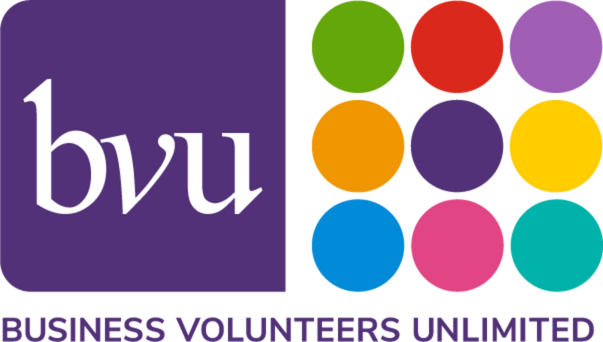Good board meetings don’t just happen—they’re planned, purposeful, and facilitated. Here’s a practical, listicle-style guide to running meetings that actually deliver results.
1. Clearly Define the Meeting’s Purpose
2. Carefully Prepare Agenda & Tools to Facilitate Good Meetings
3. Lead & Facilitate: Role of the Chair and Staff Liaison
4. Summarize next steps – End with clear action items and accountability.
How can you ensure your board meetings are as effective as possible?
1. Clearly Define the Meeting’s Purpose
Before you schedule a meeting, be intentional about why it exists:
-
What question am I trying to answer?
-
What problem am I trying to solve?
-
What outcome do I hope to achieve?
-
Who really needs to be there?
2. Carefully Prepare Agenda & Tools to Facilitate Good Meetings
Tools for Successful Meetings:
-
Well-planned agenda: Start and end on time.
-
Consent agenda: Streamlines routine approvals.
-
Dashboard report: Highlights trends and key metrics.
-
Executive session: Ensures confidentiality and board independence.
The Well-Planned Agenda is Your Friend
-
Start with an action verb for each item (e.g., Decide, Approve, Discuss).
-
Include for each agenda item:
-
Topic
-
Owner/Discussion leader
-
Timeframe
-
Mode: Inform, Discuss, Act
-
-
Prioritize items and value everyone’s time—both board and staff.
Consent Agenda
-
Purpose: Saves time by bundling items that don’t require discussion.
-
Common items:
-
Standard committee reports and minutes
-
Routine portions of executive reports
-
Minor policy revisions
-
Standard contracts
-
-
Rules: No discussion allowed unless a board member requests removal in advance.
Dashboard
-
Focuses on what matters most
-
Highlights trends, challenges, and problem areas
-
Supports planning and decision-making
Executive Session
-
Purpose: Confidentiality, board independence, relationship-building
-
Without CEO: Audits, CEO performance review, alleged misconduct
-
With CEO: Off-the-record concerns, litigation, major transactions
Frequency
-
Too often = insufficient time to prepare
-
Too rare = risks missing critical decisions
-
Staff liaison and chair coordinate early, set dates, and use tools like Doodle polls
3. Lead & Facilitate: Role of the Chair and Staff Liaison
Role of a Strong Chair During Meetings: Be a Good Host
-
Coordinate with staff liaison before and after meetings
-
Be inclusive. Welcome all participants
-
Provide assertive, focused leadership
-
Foster a culture of inquiry and healthy conflict
-
Keep the meeting on track and on time
-
Wrap up with clear next steps and accountability
Chair Should Establish Ground Rules:
-
Materials sent in advance
-
Be prepared and participate fully
-
Video on, no sidebar discussions, no cellphones
-
Active listening; silence = agreement
-
Follow through on action plans
Role of the Staff Liaison
-
Draft agenda with input from staff leadership
-
Review agenda with chair, refine timing and discussion points
-
Distribute agenda and materials in advance
-
Prepare meeting site/technology
-
Take thorough notes
Chair Facilitates Discussion
-
Focus on what matters most
-
Encourage transparency, trust, and inquiry
-
Ensure board functions in all three modes:
-
Fiduciary: Oversight, risk, cost
-
Strategic: Decisions on resources and programs
-
Generative: Explore values, root causes, and innovative options
-
Consensus
-
Aim for full agreement, or follow quorum/majority rules
-
Silence = agreement
-
Everyone supports decisions post-meeting
End the Meeting
-
Recap outcomes, key takeaways, and next steps
-
Reiterate the meeting objective and whether it was achieved
Other Meeting Tips
-
Snacks and drinks
-
Table tents and assigned seating
-
Breakout groups when needed
-
Always start and end on time
4. Summarize next steps – End with clear action items and accountability.
Meeting Minutes (within 2 days):
-
Heading: Meeting title, date, location, start time
-
Participants: Chair, attendees, quorum status
-
Discussion summary for each agenda item
-
Motions, voting results, and decisions in bold
-
Action items: Responsible party and due date
-
Announcements, next meeting items
-
Time ended and secretary signature
